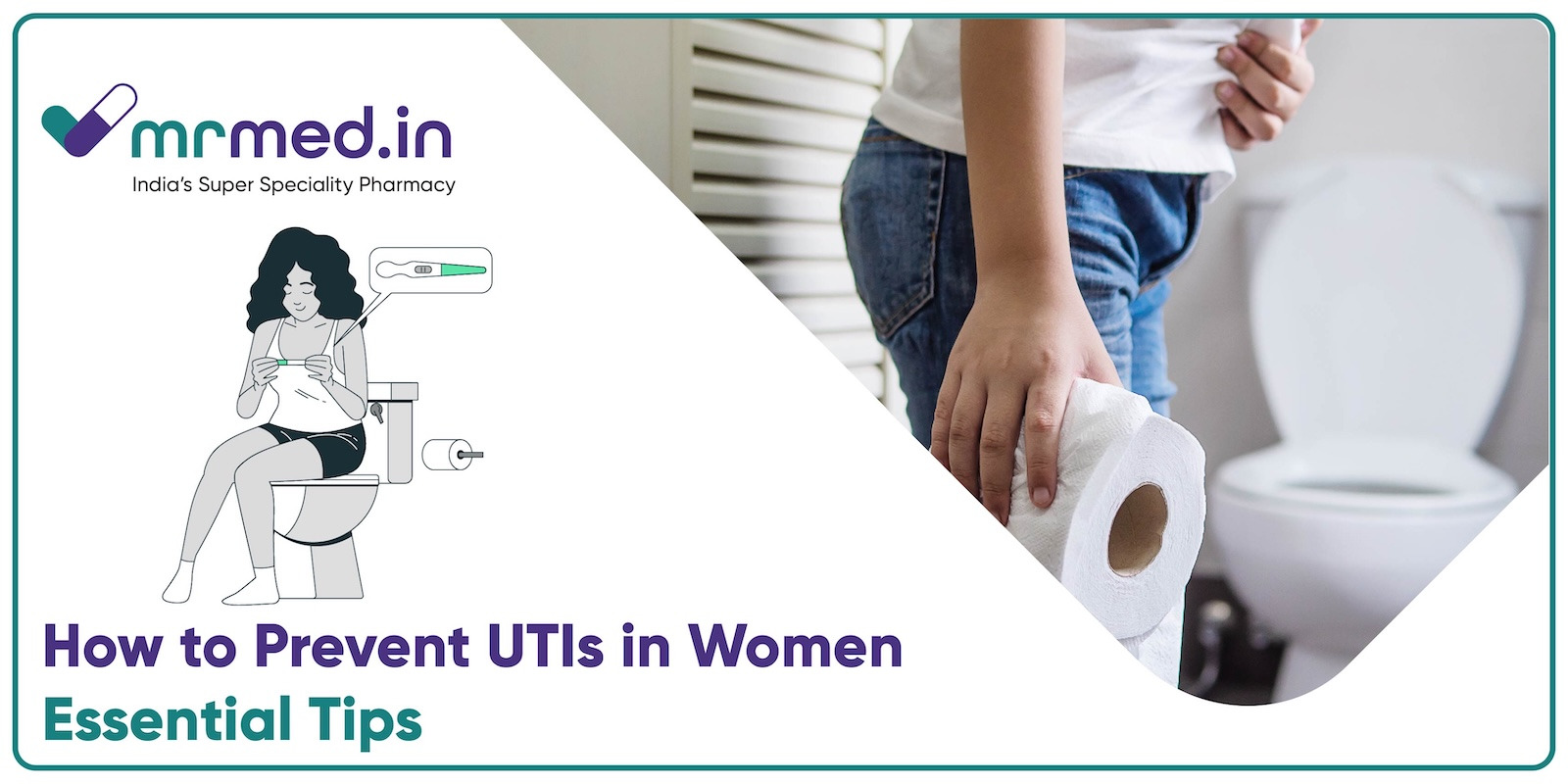Ladies, let’s be honest: if you've ever experienced the sharp sting while urinating or the urgent need to dash to the bathroom, you’re not alone. Urinary Tract Infections (UTIs) are way too common, and women are the prime target. But why? And more importantly, how can you stop this repeat offender? Read on, because what you learn here might just save your bladder!
Why are women more prone to UTIs?
Simply put, it’s anatomy. Women have a shorter urethra than men. That means bacteria have a quicker route to the bladder. The female urethra is also closer to the anus, where E. coli, the main culprit lives. Add to that hormonal changes, tight clothing, poor hygiene practices, and even certain birth control methods. All these factors create the perfect storm for a UTI.
Can sex trigger a UTI?
Yes, it’s not just a myth. Sexual activity can introduce bacteria into the urinary tract. This is especially common if you don’t pee before and after sex. Friction during intercourse pushes bacteria toward the bladder, making it easier for them to settle in and cause an infection. Using a diaphragm or spermicidal products also increases the risk.
Are certain health conditions linked to UTIs?
Absolutely. Diabetes can weaken your immune system and increase sugar levels in the urine, creating a breeding ground for bacteria. Kidney stones can block the urinary tract, allowing bacteria to enter and multiply. A weakened immune system, due to any chronic condition, also increases the risk. And for postmenopausal women, reduced oestrogen levels thin the urinary lining, making it more vulnerable.
What are the common symptoms of UTIs?
If you’ve got a UTI, you’ll probably notice some of these:
- A burning feeling while urinating
- Frequent urge to pee (even if little comes out)
- Cloudy or strong-smelling urine
- Pelvic pain or lower abdominal pressure
- Feeling tired or shaky
Sometimes, especially in older women, the signs can be vague, including confusion, weakness, or nausea. So don’t ignore any red flags.
Can I prevent UTIs without medicine?
Yes, and prevention is always better than a cure. Try these simple habits:
- Drink plenty of water daily to flush out bacteria.
- Pee after sex to clear out any unwanted microbes.
- Wipe from front to back after using the toilet.
- Wear breathable cotton underwear.
- Avoid holding in urine for long periods.
- Skip the perfumed soaps or douches. They mess with natural balance.
Also, cranberry juice (unsweetened!) and probiotics may help. Though not foolproof, they’ve shown promise in maintaining urinary health.
Is there a right way to clean down there?
Definitely, over-washing or using harsh products can actually harm. The vagina is self-cleaning, yes, really. Just wash the outer area (vulva) gently with warm water. Avoid scented products and scrubs. And during your period, change pads or tampons regularly.
What if UTIs keep coming back?
Recurrent UTIs are frustrating. If you get more than two infections in six months, it’s time to see a doctor. They might suggest a low-dose antibiotic for prevention or recommend checking for underlying issues, such as bladder dysfunction or kidney abnormalities.
Sometimes, additional tests, such as a urine culture or ultrasound, may be necessary. Self-medicating with leftover antibiotics isn’t safe; don’t do it.
Can antibiotics always fix a UTI?
Most of the time, yes. Antibiotics are the go-to treatment. But overuse can lead to resistance. This is when bacteria no longer respond to treatment. It’s important to complete the prescribed course, even if symptoms disappear early.
A growing concern is antibiotic-resistant strains. One combination often used to combat stubborn infections is Ceftazidime and Avibactam, available in formulations such as Xavitaz 2.5 gm Injection. This medication helps treat complicated urinary tract infections (UTIs), especially those caused by bacteria that are resistant to treatment.
Do I need to change my diet?
It’s not mandatory, but smart food choices can support your recovery. Drink more water, eat antioxidant-rich fruits (such as blueberries and cranberries), and limit your intake of caffeine and alcohol. These irritate the bladder and exacerbate symptoms.
A fibre-rich diet also promotes gut health, which in turn benefits the urinary tract. Probiotics such as yoghurt can help balance your body’s flora.
When should I see a doctor urgently?
If you notice:
- Blood in urine
- High fever with chills
- Nausea or vomiting
- Pain in your back or side
These might signal a kidney infection, which is far more serious. Don’t delay—seek medical help right away.
How does age affect UTI risk in women?
Age matters. Young sexually active women, pregnant women, and postmenopausal women all face different risks. Pregnancy changes the urinary tract, making infections more likely. In older women, hormonal shifts reduce natural protection. Even using adult diapers can contribute if not changed often.
Final thoughts: Keep your bladder happy
UTIs may be common, but they aren’t a life sentence. By knowing what triggers them and acting early, you can cut down your chances drastically. A few lifestyle changes and better hygiene can go a long way in protecting your health.
Stay hydrated, stay clean, and stay informed because your body deserves better than another burning bathroom trip.




